We may earn money or products from the companies mentioned in this post. This means if you click on the link and purchase the item, I will receive a small commission at no extra cost to you ... you're just helping re-supply our family's travel fund.
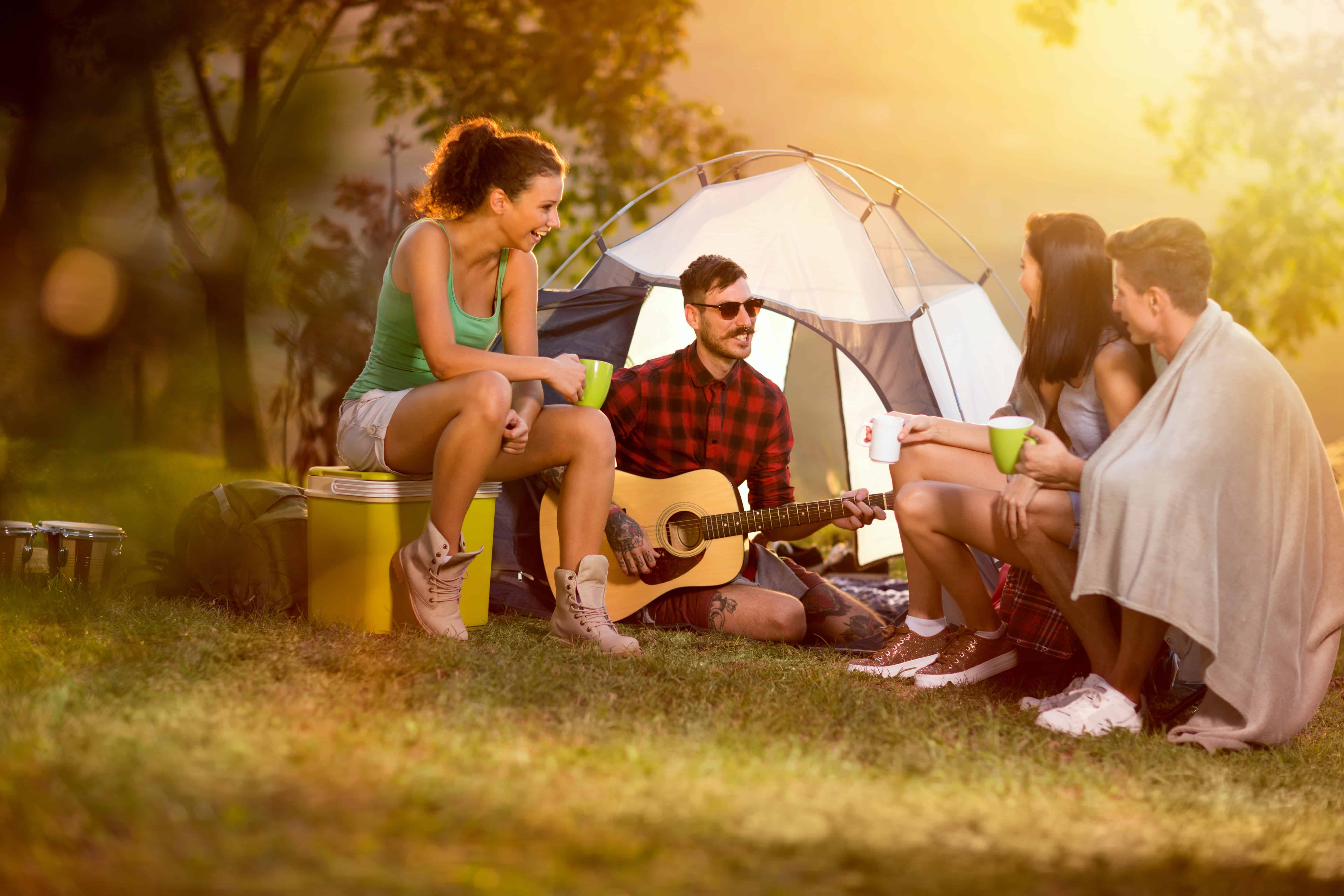
Campgrounds look friendly on the surface, but small habits can split tents into quiet factions without anyone saying a word. Some people chase silence, others lean into celebration, and plenty land somewhere in between. Arguments rarely happen outright; instead, tension builds over music volume, glowing lanterns, loose dogs, and how strictly to follow Leave No Trace. These patterns show up season after season, shaping who feels welcome and who drifts away in search of a place that fits their idea of being outside.
Playing Music Like Part Of The Scenery
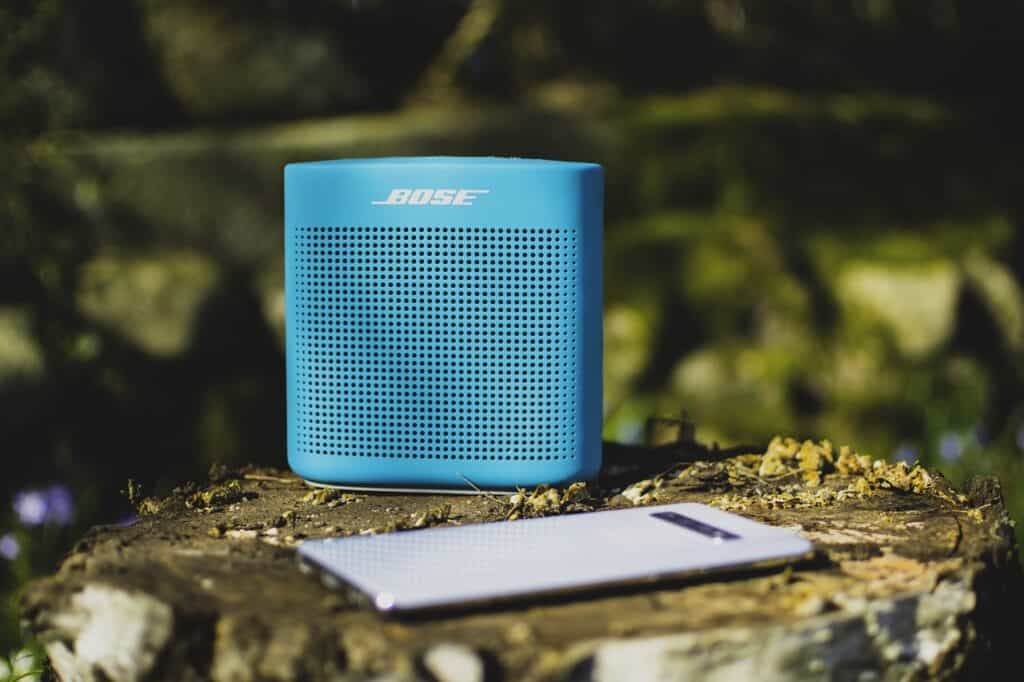
Some campers treat music as part of the scenery, stringing up speakers and playlists as soon as the tent stakes go in. Others see any amplified sound as an intrusion on the wind, birds, and campfire talk. The habit can split a campground into quiet corners and social hubs, with resentment building when someone’s idea of a soundtrack sounds like noise to the person in the next site. Rangers and hosts often end up mediating unspoken rules, reminding everyone that even in open air, sound travels farther than most people expect.
Running Generators And Bright Lights At Night
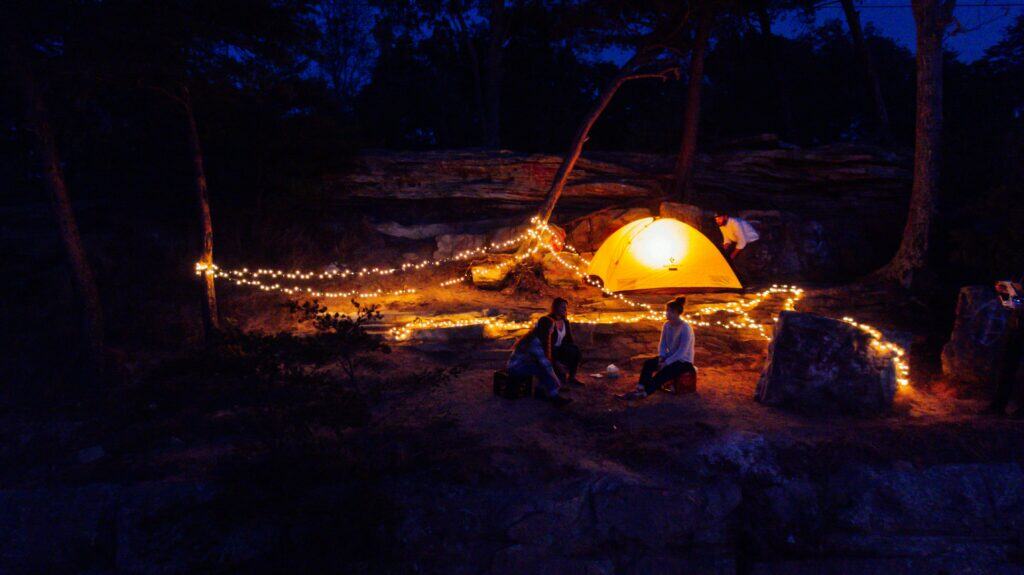
For some, a small generator and string lights feel like insurance against discomfort, keeping fridges humming and campsites bright past midnight. Neighbors who came for stargazing and natural darkness often see the same gear as an invasion of fumes and glare. This habit quietly divides people into comfort campers and purists. The tension grows strongest in crowded campgrounds, where one person’s extra convenience becomes everyone else’s lost chance at a dark, quiet night.
Treating Leave No Trace As Optional

The phrase Leave No Trace reads simple on a sign, but campers interpret it very differently. Some pack out every scrap, pick up stray bottle caps, and plan routes to avoid fragile ground. Others feel that a few buried peels, trampled plants, or stray microplastics hardly matter in a vast landscape. The habit of rounding corners on small impacts can unsettle those who see each shortcut as part of a slow, steady erosion of the places they care about most.
Insisting On Campfires Whenever Possible
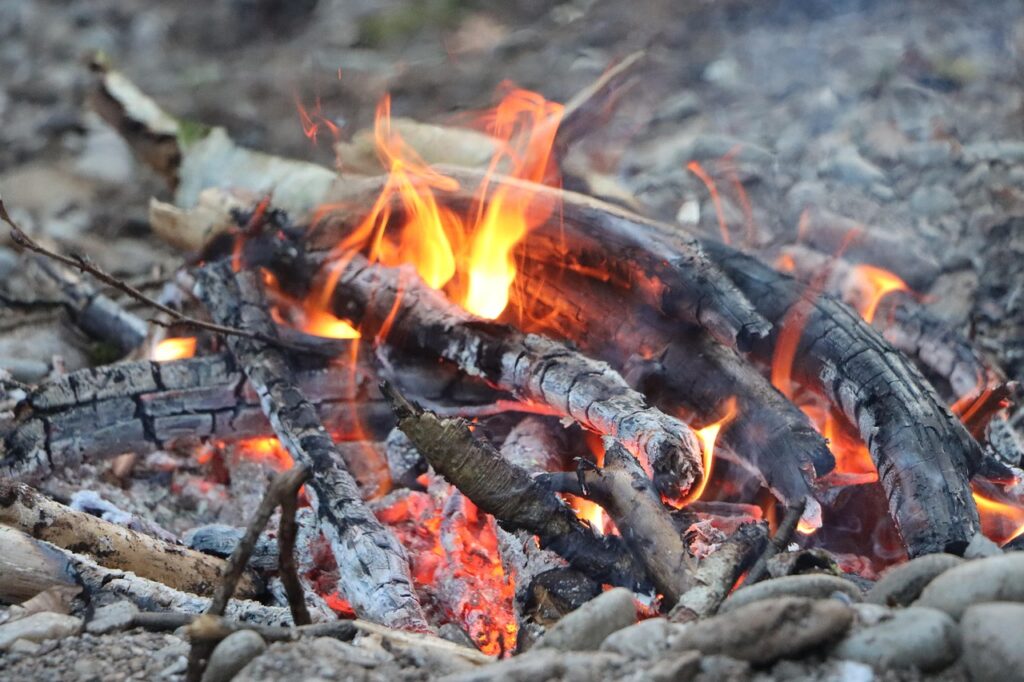
Campfires still sit at the emotional center of camping for many people, even as fire bans and droughts reshape the rules. Some insist on flames whenever legal, hauling in wood or building big log piles for long evenings. Others prefer quiet stoves and lanterns, worried about sparks, smoke, and scarred fire rings. In dry regions especially, the choice can feel personal, dividing those who see fire as tradition from those who now view it as a calculated risk.
Letting Dogs Roam Off Leash
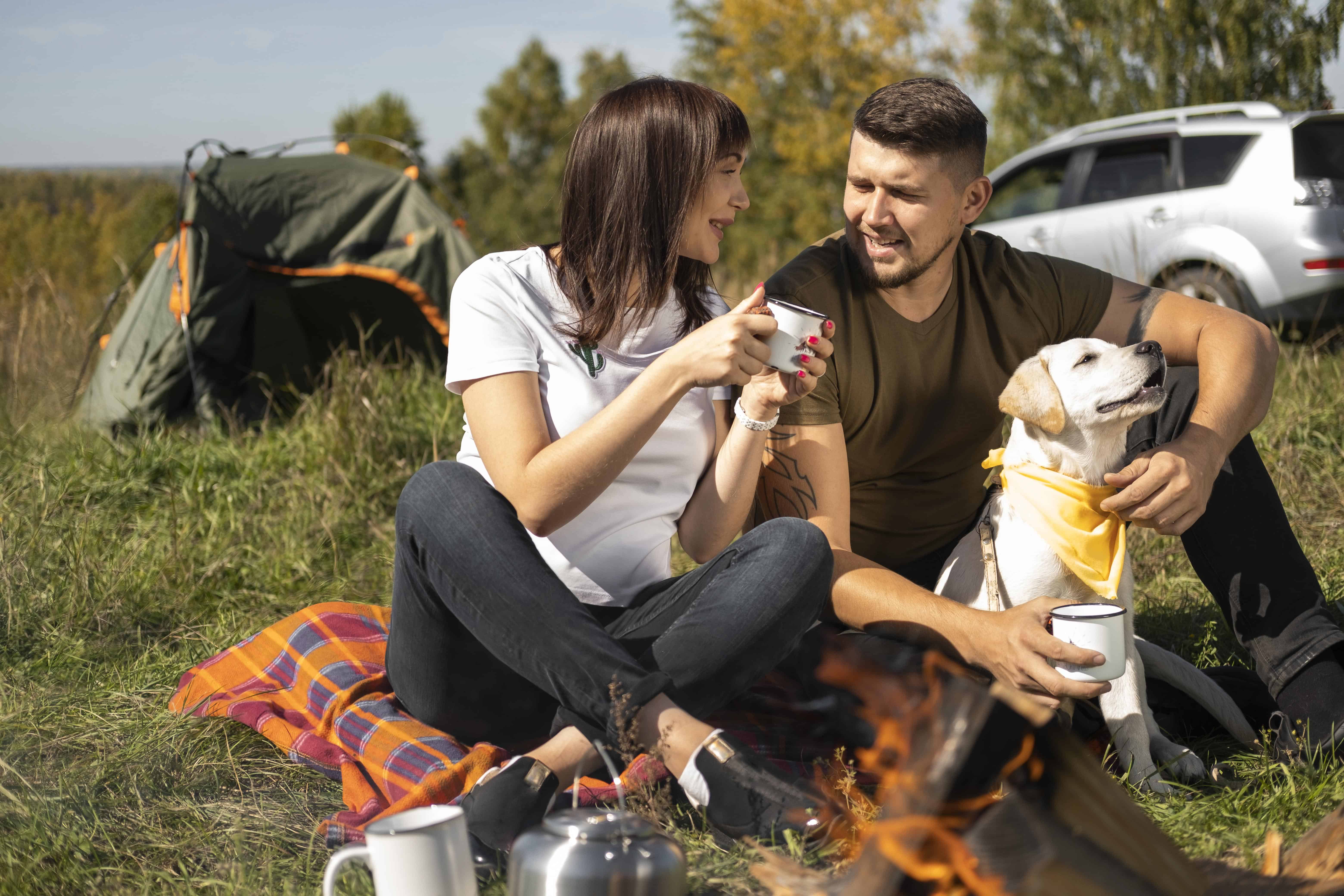
Dogs at camp bring a whole set of unspoken expectations. Many owners see an off-leash dog as part of a happy, relaxed campsite, especially if the animal seems friendly. Nearby campers may worry about kids, wildlife, or their own leashed pets reacting badly. Even one barking fit at midnight can sour a trip. The habit of assuming that a pet belongs everywhere can quietly alienate people who value calm, control, and respect for local leash rules. Clear expectations at the start of a trip often matter more than any sign tacked to a post at the edge of the lot.
Taking Risks With Food Storage
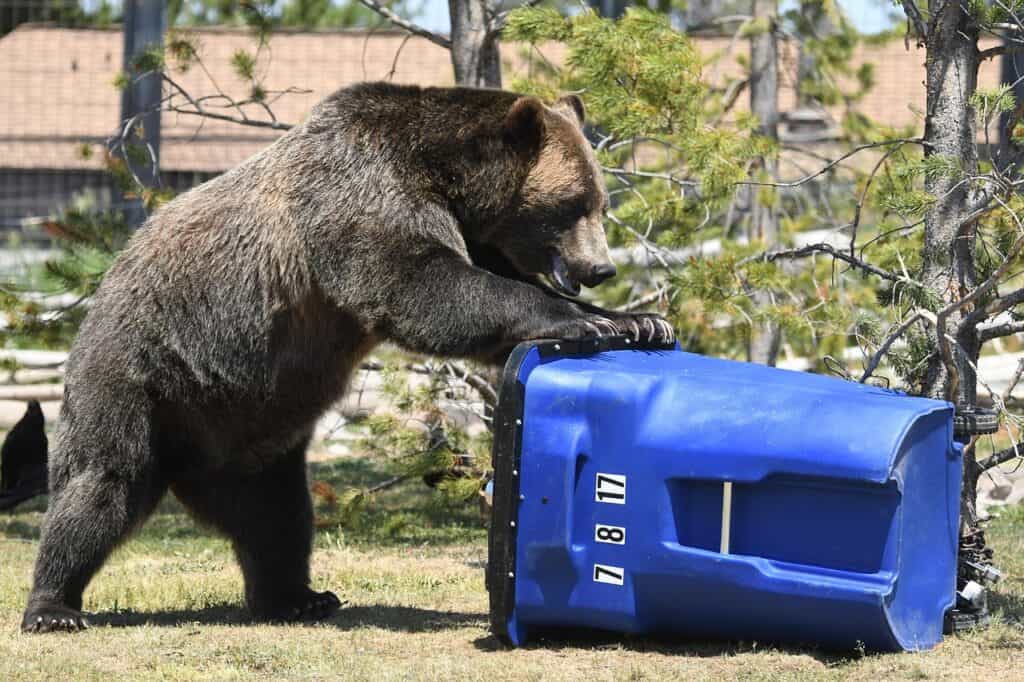
Food storage habits split campers along invisible lines of risk tolerance. Some hang every crumb, scrub cookware carefully, and treat coolers like magnets for bears, raccoons, or clever mice. Others leave snacks on tables, cook close to tents, or store groceries loosely in cars. When nothing goes wrong, relaxed systems feel harmless. When an animal raid happens, those who followed strict protocols often feel frustrated that shared space did not mean shared responsibility.
Bringing Full Tech And Drones To Camp

Phones, tablets, and drones bring modern habits into quiet valleys and forests. Some campers map routes, film footage, and share real-time updates, treating signal bars as part of the trip. Others crave a rare break from screens and find buzzing drones or loud phone calls jarring against birdsong. The habit of bringing full digital life into camp can make unplugged campers feel pushed aside, as if solitude now has to compete with notifications and aerial cameras.
Turning Campgrounds Into Party Zones

Large group camps operate by different rhythms than solo tents or small families. Late-night games, laughter, and shared meals can feel joyful inside the circle and overwhelming just one site away. Some campers quietly resent groups that treat a shared campground like a private event space. The habit of assuming that numbers grant permission for louder behavior can deepen the divide between social campers and those who see time outside as their only real quiet all month.
Packing For Glamping Instead Of Simplicity
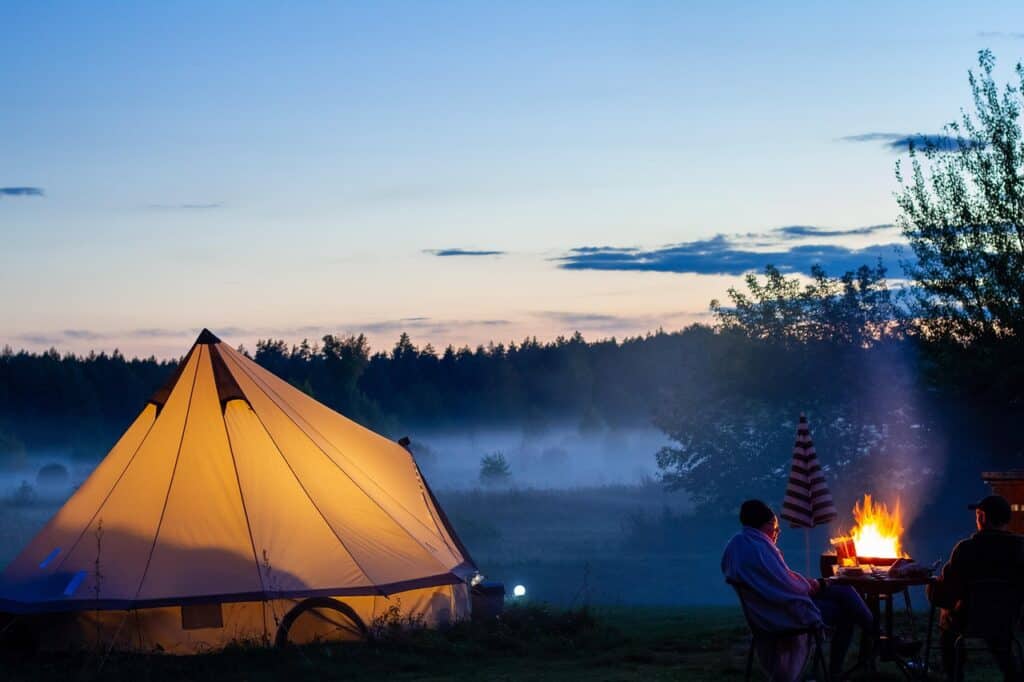
Gear choices tell quiet stories about values. Minimalist campers pride themselves on tiny packs, simple meals, and a tarp or small tent that barely marks the ground. Others arrive with full kitchens, tall tents, cots, and decor that turns a site into a temporary living room. Both styles can coexist, but tension surfaces when bulky setups sprawl into shared paths or dominate limited space. The habit of bringing everything can look, to some eyes, like missing the point entirely.